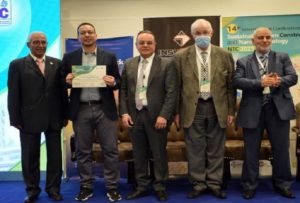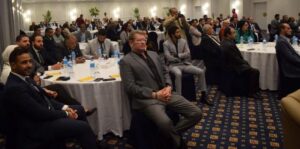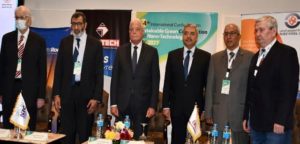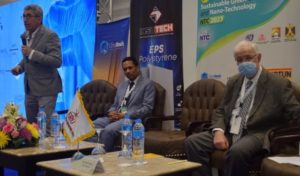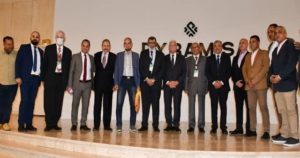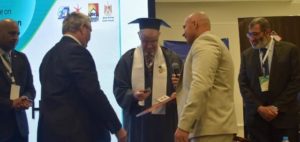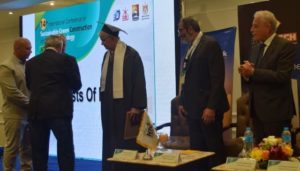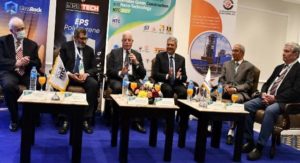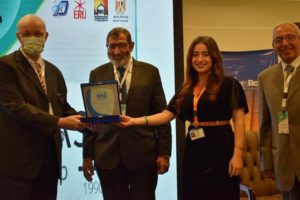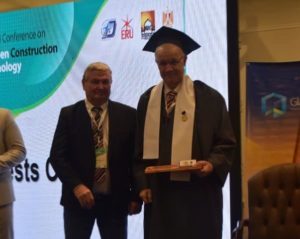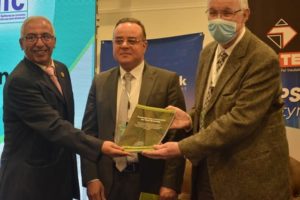The Egyptian Russian University reveals the scenes of the Green Construction and Nanotechnology conference.
The activities of the Fourteenth International Conference on Green Construction and Nanotechnology “NTC 2023” were concluded, which was held in joint cooperation between the Egyptian Russian University, the National Center for Housing and Building Research and Izhevsk Technical University of the Federal Republic of Russia, in Sharm El-Sheikh from 3-7 March, and sponsored by, Dr. Assem El-Gazzar, Minister of Housing, Utilities and New Urban Communities and Dr. Ayman Ashour, Minister of Higher Education and Scientific Research.
Major General Khaled Fouda, Governor of South Sinai, and Dr. Yasser Refaat, Deputy Minister of Higher Education for Scientific Research, attended the opening session of the conference, as well as the exhibition accompanying the conference, which included many exhibitors from different companies and included the latest developments in the field of “Sustainability and Nano Applications in Building and Construction”.
During the opening activities of the conference, Dr. Sherif Fakhry Mohamed Abdel Nabi, President of the Egyptian Russian University, was awarded an honorary doctorate from the Russian Izhevsk University, for his efforts in academic work and activating fruitful cooperation with Izhevsk University, Russia. Especially in the fields of engineering sciences, including student exchange and holding joint conferences.
Dr. Sherif Fakhry Mohamed Abdel Nabi, President of the Egyptian Russian University, confirmed that the 14th International Conference on Green Construction and Nanotechnology “NTC 2023” discussed green and sustainable construction, recycling of waste and solid waste in order to protect the environment, and highlighted the achievements of Egyptian and Russian researchers who were able to go a long way in this field; The basic scientific issues for preserving environmental resources in the field of construction and the role of nanotechnology in this were also discussed.
Dr. Khaled Al-zahabi, Chairman of the Board of Directors of the National Center for Housing and Building Research, explained that the aim of holding the conference is to achieve humanity’s dream of providing comfort and economic benefits without sacrificing the rights of future generations to use the earth’s resources through “nanotechnology and green and sustainable construction”; And directing scientific research in the field of “nanotechnology” with the continuation of research on basic scientific issues. Referring to discussing ways to benefit from research results and transform them into green products and local technology, in application of the economy approach based on knowledge and scientific research.
In the same context, Dr. Sayed Sheil, CEO of the conference, indicated that the conference allowed the participants to exchange ideas, visions and experience through scientific sessions and side meetings. The exhibition accompanying the conference contributed to presenting and discussing the most important topics and the latest developments in the field of “sustainability and nano applications in building and construction.” Explaining that the use of nanotechnology in the field of construction is one of the most important applications that guarantee the production of modern building materials with distinctive characteristics that contribute towards building sustainable urban communities to reduce energy use and conserve environmental resources.
For his part, Dr. Gergory Yakovlov, head of the delegation of the Russian State Technical University of Izhevsk, stated that the researchers succeeded in developing simple and economical ways to use nanometer materials to change the mechanical and physical properties of building materials, which contributes to reducing costs and preserving human health and the surrounding environment.
The conference sessions concluded with the following recommendations:
Benefit from the published research results in creating new high-performance building materials that contribute to achieving sustainability in the construction sector.
The need to establish a center for the production of nanomaterials in economical ways to meet the needs of the local market, which contributes to benefiting from nanotechnology applications in the development of materials and products with distinctive properties.
Urging various academic and research institutions in Egypt to adopt academic and scientific programs and courses in sustainable green construction.
Circulating the conference research booklet to Egyptian universities in order for it to be a scientific and reference material upon which students as well as faculty members interested in the construction sectors and Nano applications depend.
The researches published in the conference also referred to many scientific conclusions, including but not limited to:
Studying materials on the nanoscale enhances the development of new compounds and products used to improve the properties of building materials such as (improving mechanical performance – resistance to fire and high temperatures – resistance to salts and sulphates and thus enhancing the durability of structures).
Treatment of industrial waste and its reuse in construction applications leads to a reduction in dependence on ordinary cement and the depletion of raw materials / natural resources, thus reducing emissions of harmful gases and greenhouse gases, which contributes to achieving environmental protection.
The need to expand studies of the production of geopolymer concrete, which is considered a green alternative to cement concrete.
Nano-graphene oxide has unique properties that contribute significantly to the production of Self-Sensing Concrete, which has the ability to sense mechanical stress resulting from earthquakes as well as temperature and humidity.
Coating the outer cover/facades of buildings with heat-insulating cement mortar contributes to raising the efficiency of energy use in them and is considered one of the effective solutions in rehabilitating existing buildings and improving the quality of their internal environment.
Recycling tire waste in the development of methods of filling sustainable soil
The necessity of relying on paints and coatings that achieve sustainability in the construction sector.
Expansion of research and studies on non-standard systems and air conditioning of buildings with evaporative cooling systems, as well as environmental issues and international trends in the refrigeration and air conditioning sector under the Montreal Protocol.
Using glass wool products instead of rock wool in refrigeration and air conditioning insulation works to achieve more efficient thermal and sound insulation performance.
